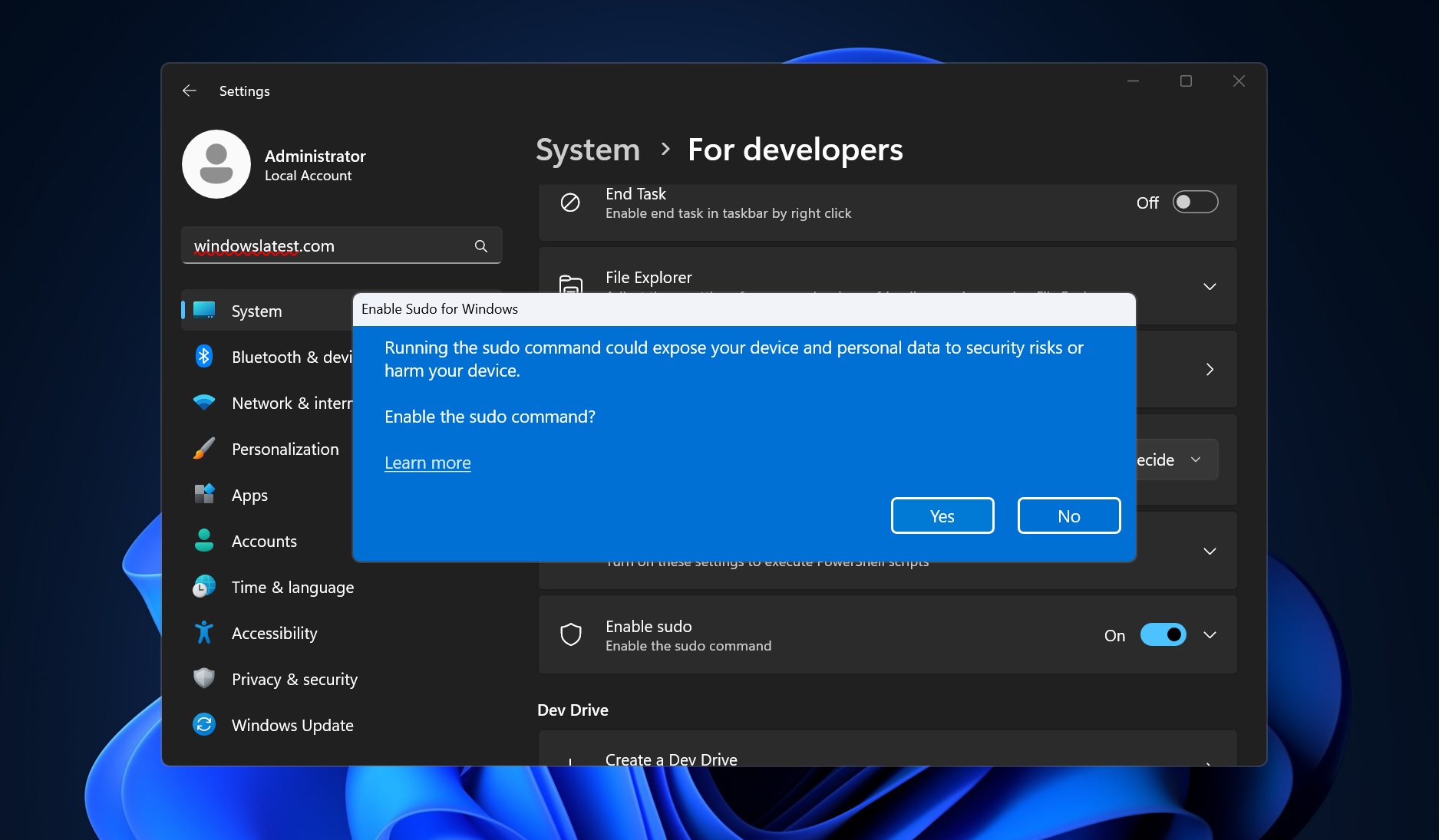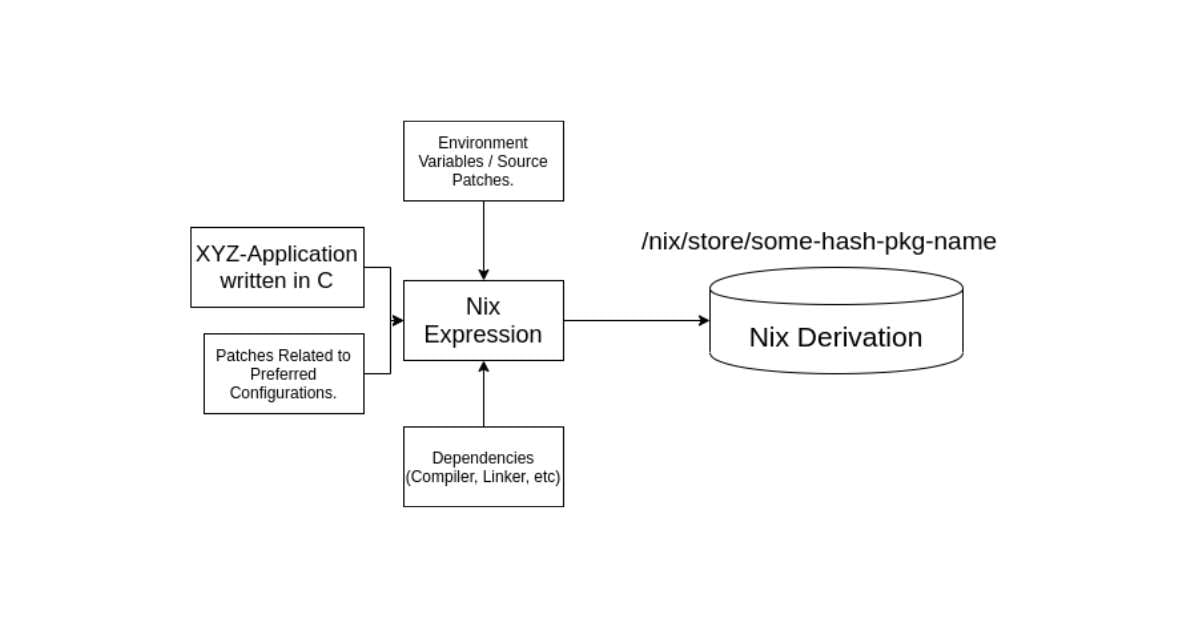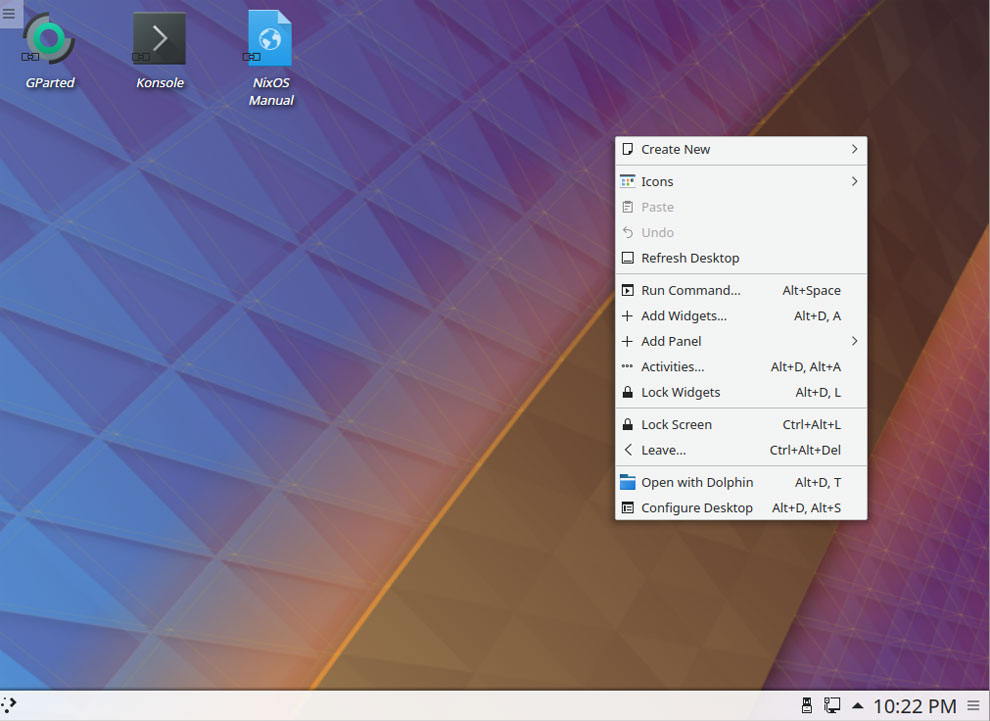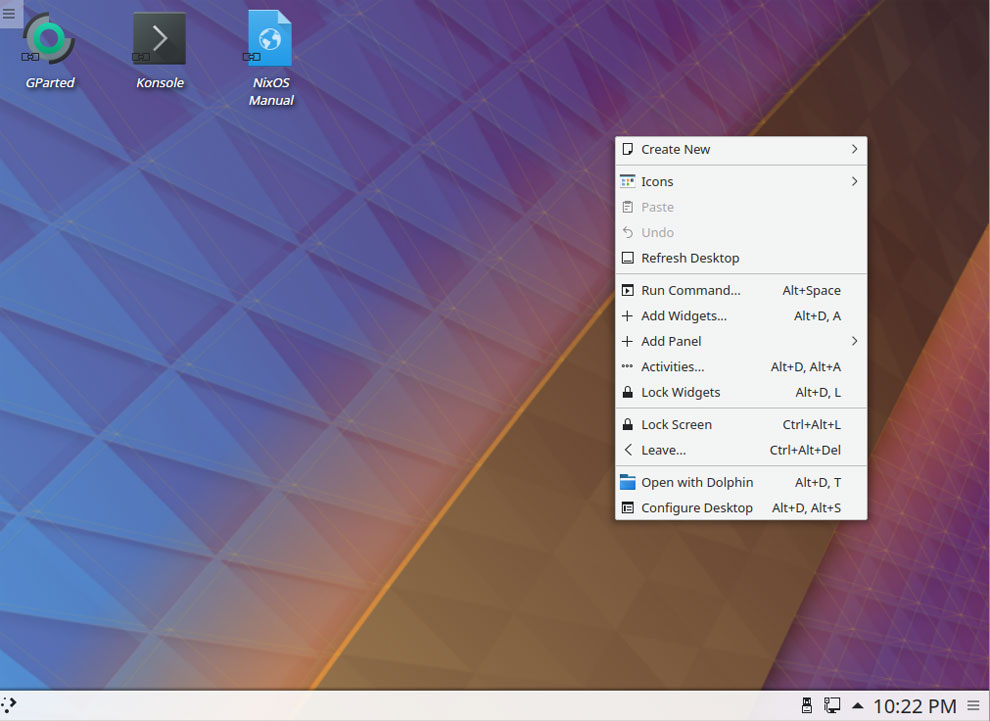Celebrating 33 Years of Linux: A Journey of Innovation and Open Source
As a tech enthusiast and avid Linux user, I am thrilled to reflect on the remarkable journey of Linux as it turns 33 in 2024. The inception of Linux, even before Linus Torvalds embarked on developing the Linux kernel in 1991, was rooted in the visionary ideals of pioneers like Richard M. Stallman. The concept of a ‘Free Unix!’ was not just about cost but also about liberation, paving the way for the open-source revolution that continues to shape the tech landscape.
The Foundation of Linux: A Testament to Innovation
The groundwork for the Linux kernel was laid in September 1983 when Richard M. Stallman introduced the GNU Project, emphasizing the distinction between Unix and the emerging Linux ecosystem. Coming from a background of using SunOS in my early career, the emergence of Linux in the computing realm intrigued me, foreshadowing the profound impact this ‘free’ operating system would have on technology.
Unveiling the Kernel: The Heart of Linux
At the core of the Linux operating system lies the Linux kernel, serving as the vital link between hardware and processes. The brainchild of Finnish-American software engineer Linus Torvalds, the Linux kernel embodies the spirit of innovation and collaboration that defines the open-source community. With Linux celebrating its 33rd year, we commemorate the milestones achieved by the GNU operating system and the free software movement that have revolutionized computing.
Decoding Linux’s Success: A Multifaceted Triumph
Linux’s success can be attributed to a myriad of factors:
- Open-source nature: Fostering collaboration and accessibility in software development.
- Adaptability: Tailoring Linux to diverse hardware configurations and computing challenges.
- Stability and reliability: Serving as the go-to choice for critical server environments.
- Performance: Optimized for efficiency and high-speed operations.
- Security: Prioritizing regular updates and robust security measures.
- Cost-efficiency: Offering free distributions with optional support services.
- Portability: Running seamlessly across a wide spectrum of devices and systems.
- Command line versatility: Empowering users with robust system management capabilities.
The Ever-Evolving Linux Ecosystem
The landscape of Linux distributions continues to evolve, with distinct families like Debian-based, RHEL-based, and Arch-based systems shaping the ecosystem. These diverse distributions cater to specific user needs, highlighting the flexibility and customization options inherent in the Linux universe.
Linux’s Pioneering Role in Technology
From dominating supercomputing to underpinning cloud computing and the Internet of Things (IoT), Linux’s influence spans across critical technological domains. Its open-source ethos has fostered innovation, giving rise to groundbreaking advancements in computing that would have been inconceivable without its collaborative framework.
Embracing the Future: A Toast to Linux’s Legacy
As we raise a toast to Linux on its 33rd birthday, we celebrate the spirit of innovation, collaboration, and open-source ethos that continue to define this iconic operating system. Here’s to many more years of groundbreaking advancements and transformative contributions to the tech world!


 Photo by
Photo by 












